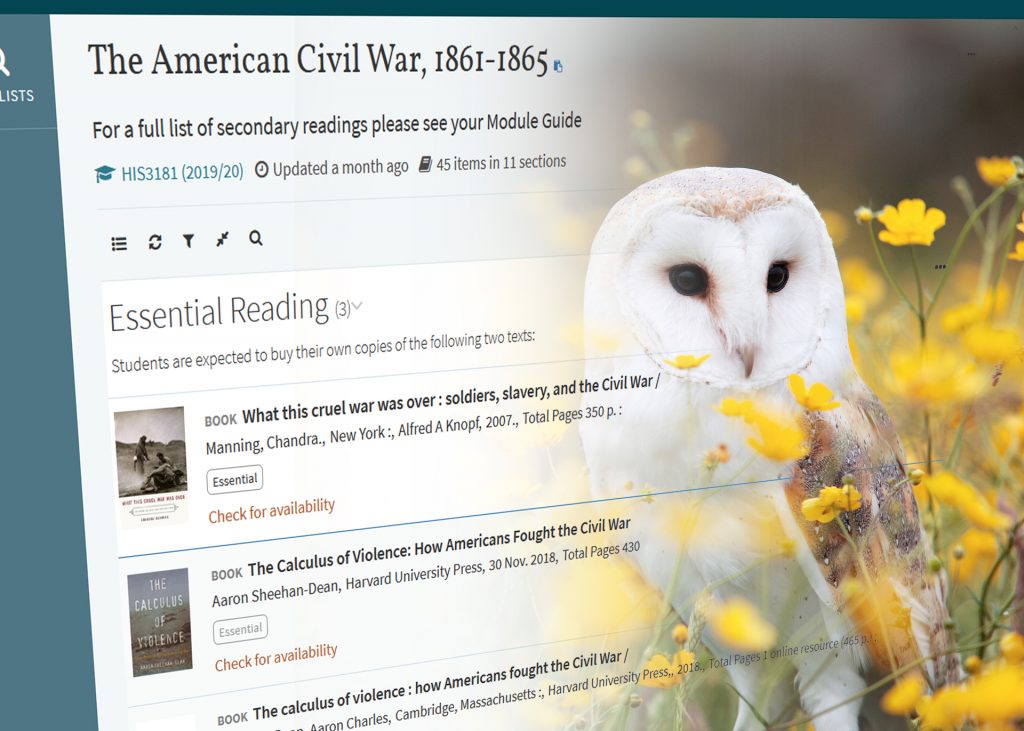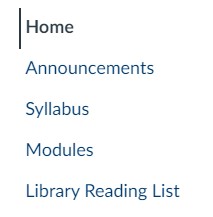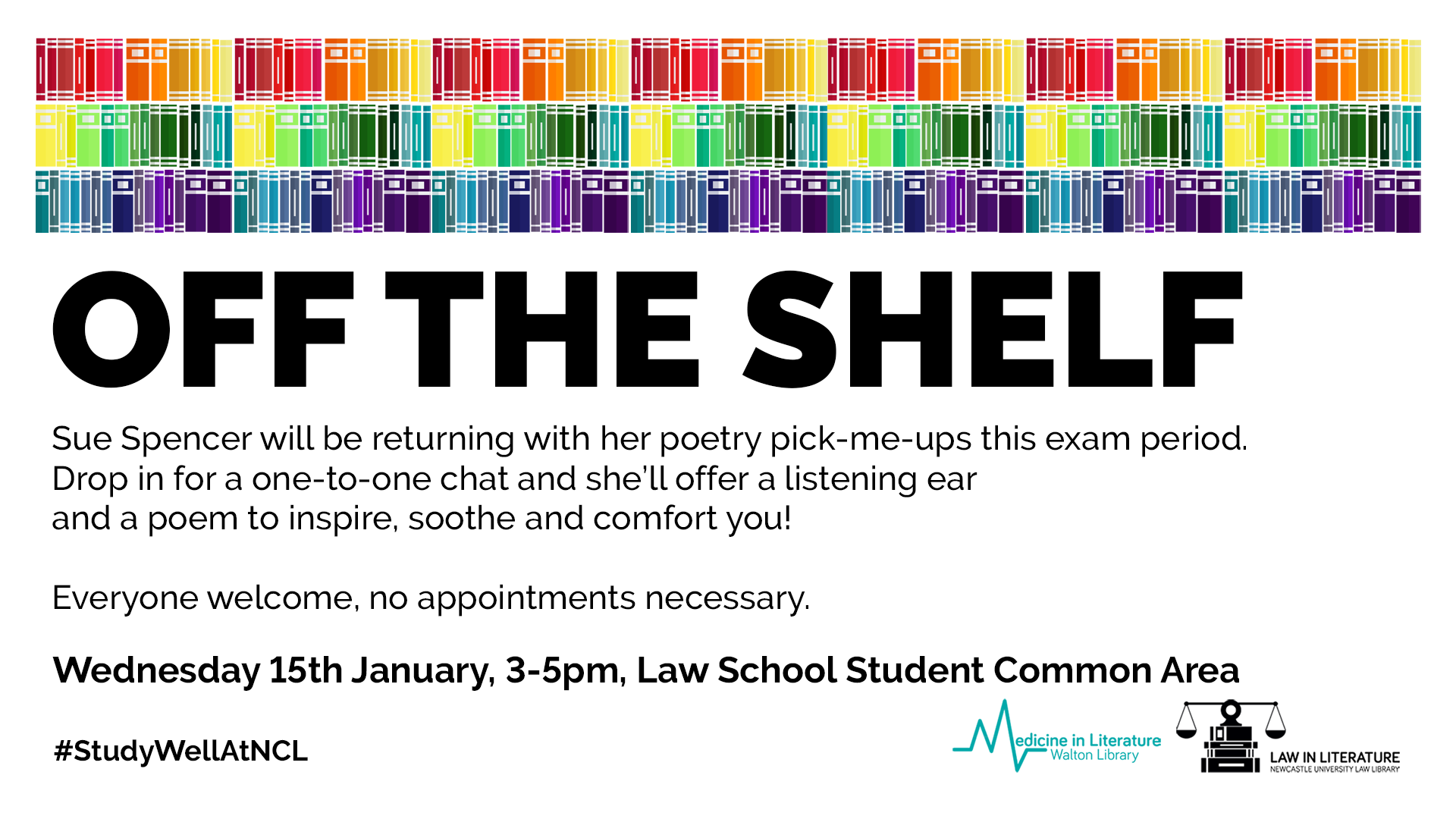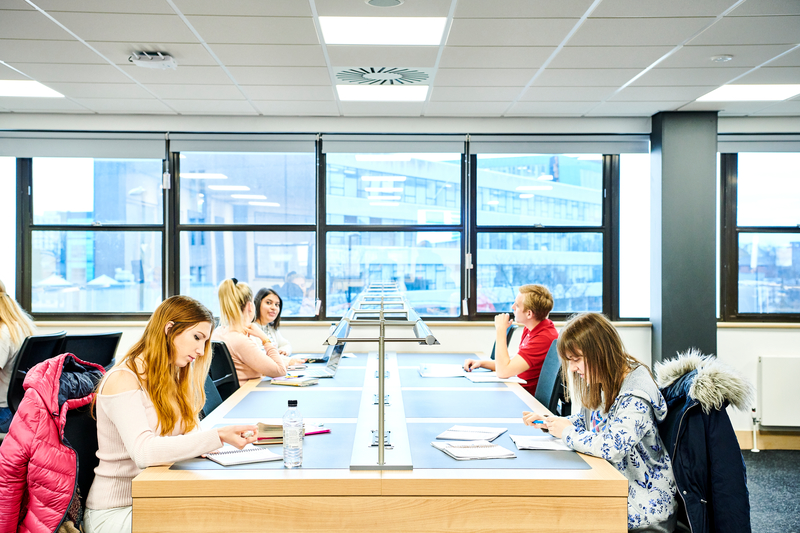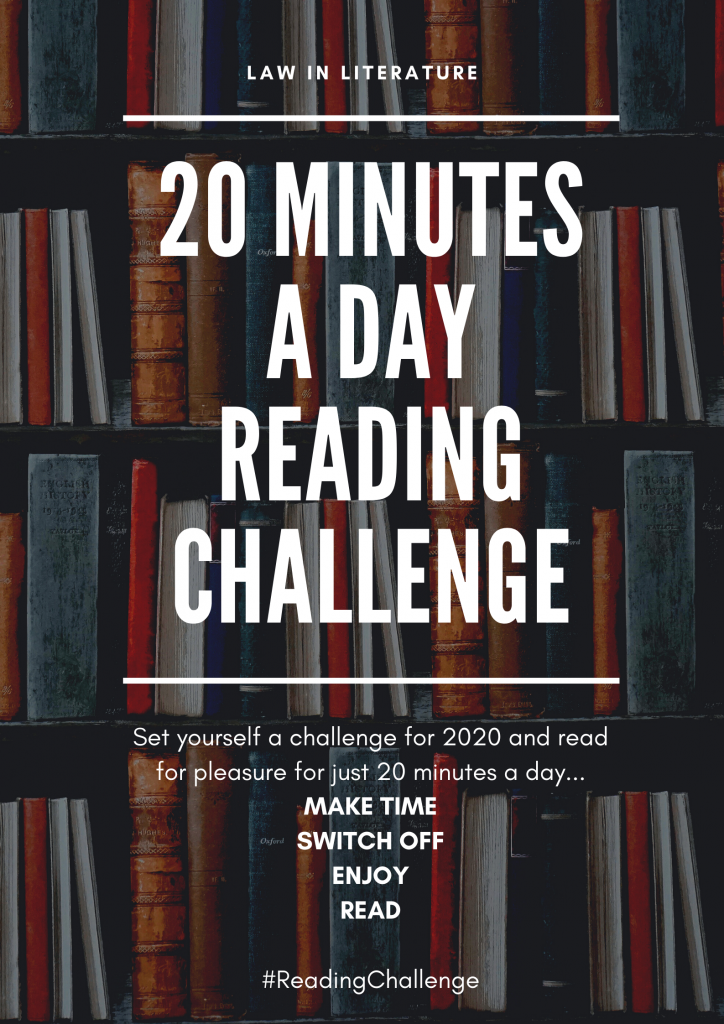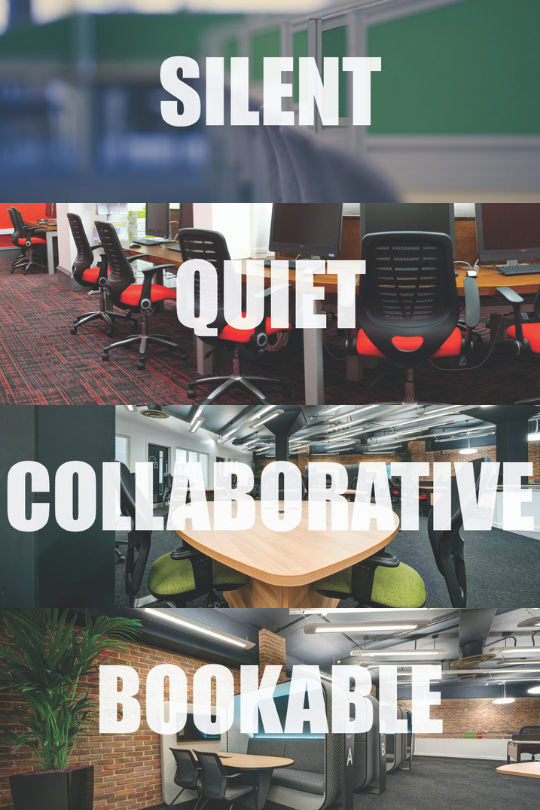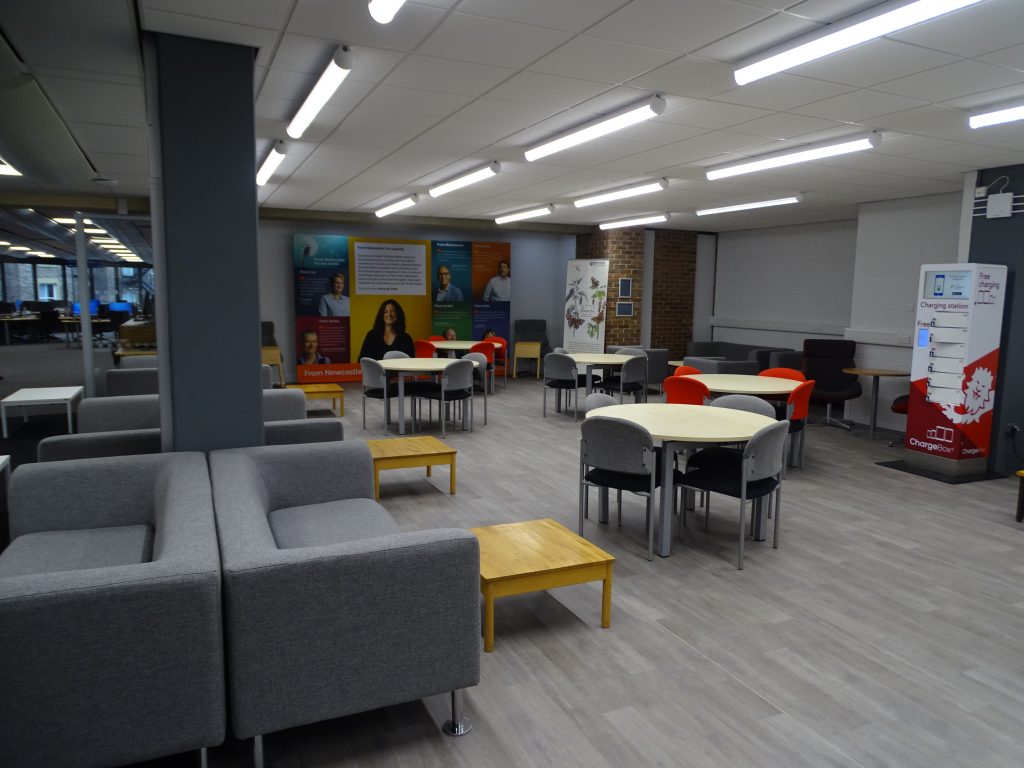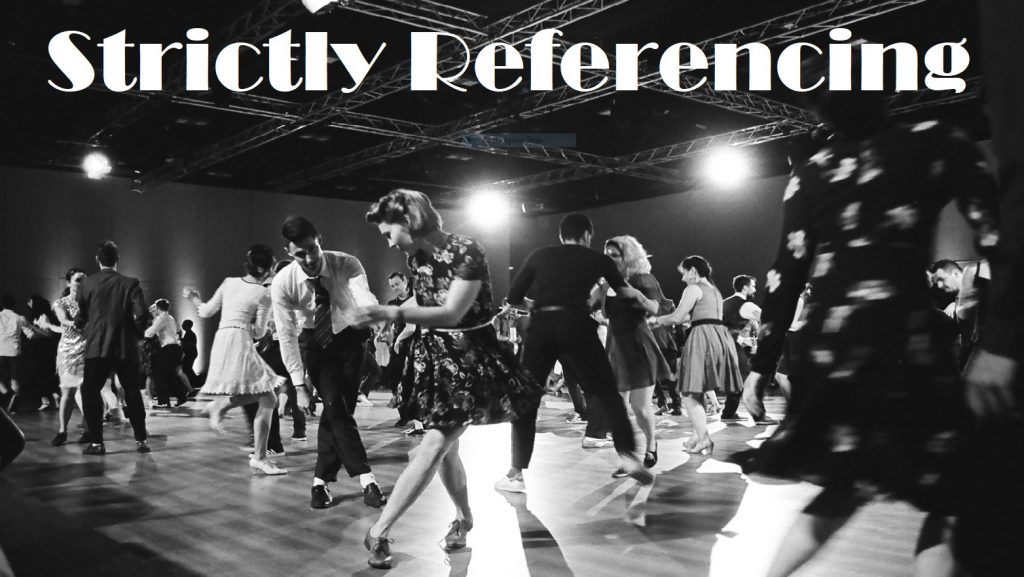Journals
The Library subscribes to a huge number of journals to assist you with your research. The majority of these are available electronically although we still have some print titles. There are some journals that are only published online with no print and may not have volumes and parts but are identified by DOIs or references numbers.
You can find journal titles by using Library Search. However if you are searching a database, you can use the Find@Newcastle University option, to link straight to Library Search to see if the journal is in stock. In Library Search records for electronic journals say Online access and when you click on them give you options to View Online.


Records for print journal give you a location and shelfmark indicating where the journal can be found.

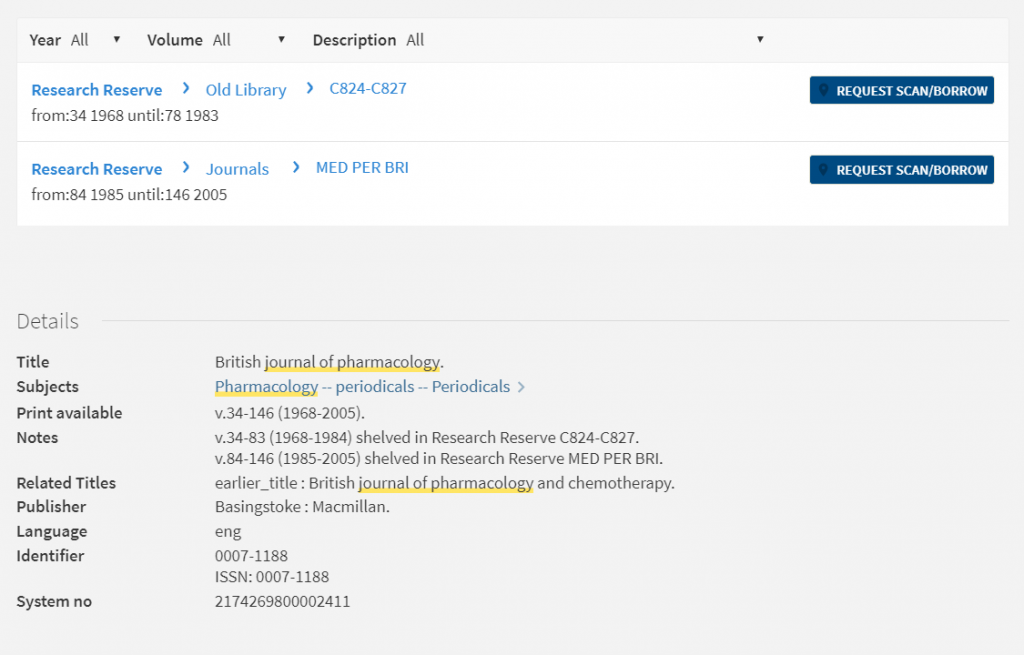
If you read an article online then you need to reference the article as a Electronic Journal Article not a webpage.
Using the Harvard at Newcastle style a reference from an Online only Journal would look similar to this:
Chan, J.-Y. L., Wang, K.-H., Fang, C.-L. and Chen, W.-Y. (2014) ‘Fibrous papule of the face, similar to tuberous sclerosis complex-associated angiofibroma, shows activation of the mammalian target of rapamycin pathway: evidence for a novel therapeutic strategy?’, PloS one, 9(2), p. e89467.
A reference for a Print Journal would look like this:
Paton, N. (2015) ‘Night work triggers health risks’, Occupational Health, 67(9), pp. 6-6.
We also have a tool called Browzine which can help you identify journals in your subject area.

